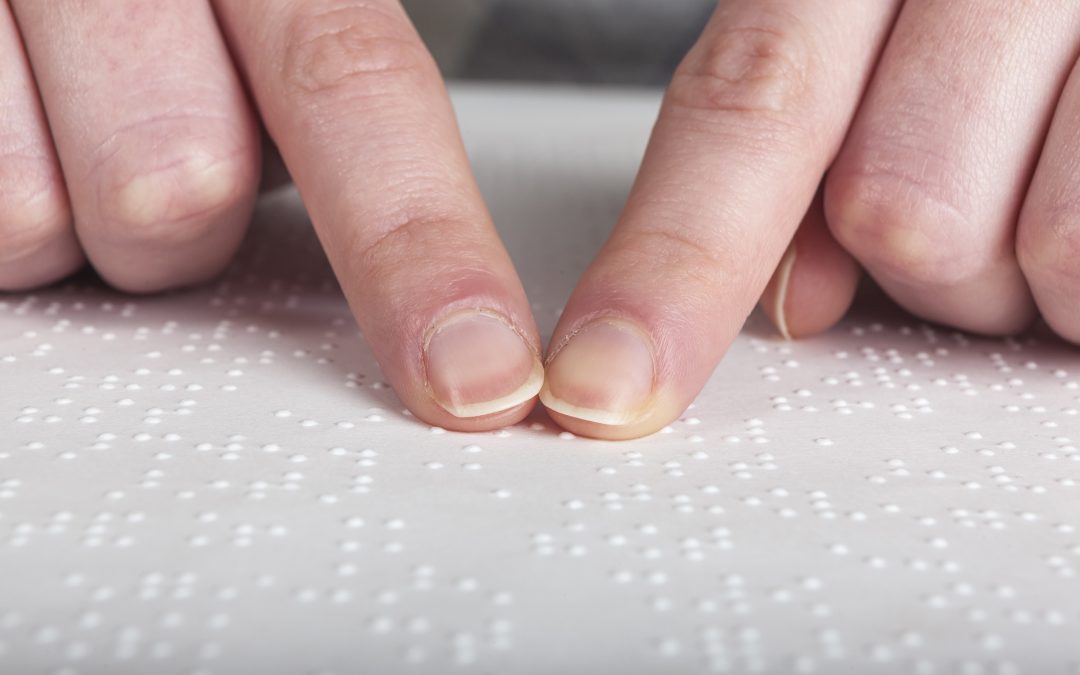Royal National Institute of Blind People Celebrates its 150th Year.
In October this year, the Royal National Institute of Blind People (RNIB) celebrated its’ 150th year. As one of the UK’s leading sight loss charities, the RNIB offers help, support and information to almost 2 million blind and partially sighted people all over the country. In addition to this they campaign for change, as well as helping provide services and products to those who need them.
How did the RNIB get started?
The RNIB began its’ life in 1868 with the founding of an organisation known as the ‘British and Foreign Society for Improving Embossed Literature for the Blind’ by Dr Thomas Rhodes Armitage, a doctor who suffered from visual problems. In 1875 Her Majesty Queen Victoria became the organisation’s first patron. It was eventually renamed the Royal National Institute of Blind People in 2007, with HRH Queen Elizabeth II as its current patron.
In 2002 RNIB became a membership organisation, allowing a greater number of blind and partially sighted people to have a say in how the organisation works to delivery its’ services to the community. It is also supported by over 3000 volunteers all over the UK.
What does the RNIB do?
– RNIB works to eliminate avoidable sight loss. This is done through raising awareness of the importance of eye health and regular checks, as well as timely reporting of any symptoms in order to detect eye disease sooner.
– RNIB provides support, information and advice for people affected by sight loss, as well as for eye health and other professionals.
– RNIB runs a telephone Helpline to provide information and support for anyone affected by a sight problem.
– RNIB organises “Finding your feet” weekend breaks, as well as courses in learning braille, and a range of information and products to help people affected by sight loss to maintain their independence.
– RNIB works to increase access to information for blind and partially sighted people. They do this in a number of ways, including campaigning for an increase in audio description on TV and in cinemas, theatres and sports venues. The also work to increase the availability of books, newspapers, bills and other reading materials in braille, large print and audio format.
- RNIB also owns a number of residential care facilities and educational establishments to be able to offer specialist care and attention to the blind and partially sighted.
- RNIB works with businesses and websites to encourage good design through their “See It Right” guidelines, which ensures that information is presented in a way which is accessible to those with visual problems.
- RNIB in Wales runs the “Visibly Better” campaign to develop and maintain accessible environments so that many more people can feel more confident in getting in and around the places they visit, work or live. Having accessible environments means that people with sensory loss can also benefit from inclusive design in the same way as people with physical disabilities.
@home Healthcare work closely with the RNIB in South Wales to ensure that our services can be accessed by those in the community who need them. We are able to provide care to residents in care and nursing homes, as well as sheltered and assisted living facilities to help these homes to achieve their “Visibly Better” certification.
We also work with the RNIB to help people in their own homes. RNIB representatives working in the community can refer users into our service for both eye tests and Low Vision assessments where they are needed. We will take over your routine eye care as well as low vision needs, and will recommend any other available services that we think will make your life easier and allow you to live independently.
What to do next?
Contact us to find out more about how we work with the RNIB in your area, or if you have any questions about our eye examinations or low vision assessments.
To find out if you are eligible or to book an appointment with one of our experts call 0333 335 0068.


